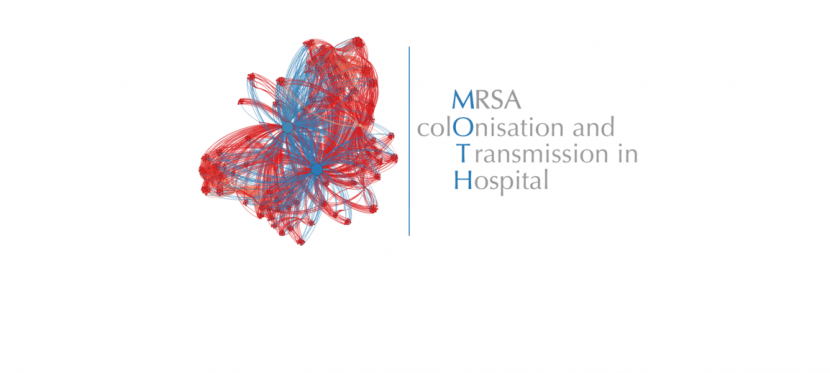In this study, we are using electronic medical records to study the transmission of methicillin-resistant Staphylococcus aureus in hospital.
MRSA is the most common multidrug-resistant organism in healthcare settings worldwide. Although many people carry MRSA and a perfectly healthy (known as colonisation), in some cases in can lead to infections that are more difficult to treat and require prolonged hospital stay. Because colonisation is an important risk factor for MRSA infection, preventing patients from becoming colonised in healthcare settings and the community is key to successful control of MRSA.
In this study, we are using anonymised administrative records and data from MRSA active surveillance from the National University Hospital to study risk factors for in-hospital colonisation with MRSA. Using these electronic medical records, we will construct the network of in-patient movements within the hospital to understand whether specific patterns of patient referrals within NUH are related to risk of colonisation. The findings from this study will improve our understanding of MRSA transmission within healthcare settings and will inform MRSA surveillance and control activities.
Collaborators
- National University Hospital (NUH)
Follow this project or tweet about it on twitter with hashtag #emrmoth!
